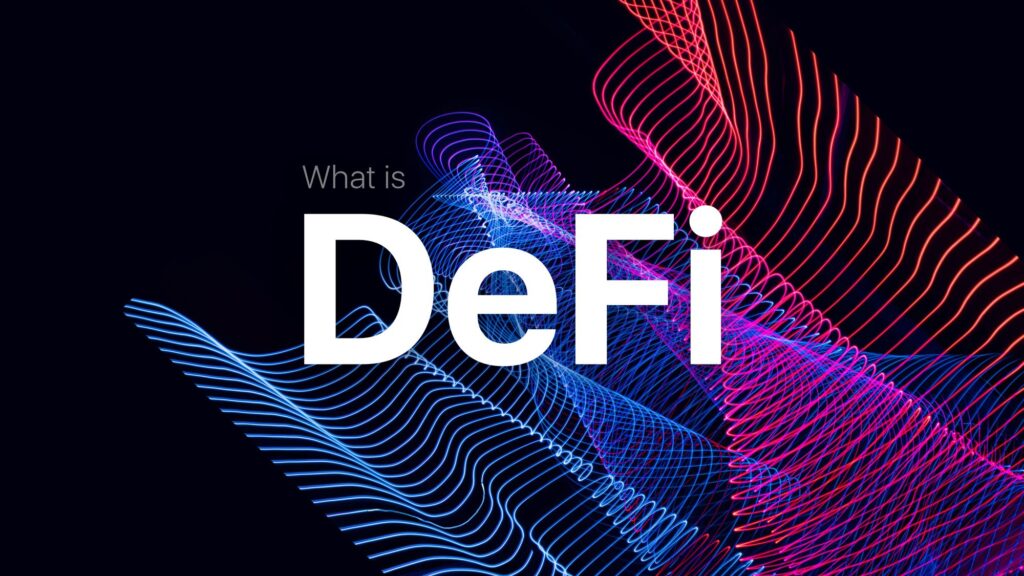
The Association for Financial Markets in Europe (AFME) has recently made a significant announcement, emphasizing the need to include the decentralized finance (DeFi) sector in the Markets in Crypto-Assets (MiCA) regulations. AFME, representing Europe’s leading financial institutions, recognizes the growing influence and potential risks associated with DeFi, prompting them to advocate for its integration within the regulatory framework.
Understanding MiCA Regulations
Before delving into the AFME’s stance on the DeFi sector, it is essential to grasp the concept of MiCA regulations. The Markets in Crypto-Assets (MiCA) framework is an initiative proposed by the European Commission to regulate cryptocurrencies and related services within the European Union. It aims to establish a comprehensive regulatory framework to ensure investor protection, market integrity, and financial stability in the evolving crypto landscape.
The Emergence of DeFi
The DeFi sector has experienced a remarkable surge in popularity and innovation over the past few years. Decentralized finance refers to a range of blockchain-based applications and platforms that enable individuals to engage in various financial activities without intermediaries such as banks. These decentralized platforms facilitate lending, borrowing, trading, and other financial transactions, often utilizing smart contracts and cryptocurrencies.
The Need for Integration
Recognizing the exponential growth and potential of the DeFi sector, the Association for Financial Markets in Europe (AFME) has stressed the importance of integrating DeFi into the MiCA regulatory framework. By including DeFi in these regulations, AFME aims to address the risks associated with this emerging sector, safeguard investor interests, and maintain financial stability.
One of the primary reasons for advocating the inclusion of DeFi in MiCA is to establish a level playing field for all financial market participants. With traditional financial institutions adhering to stringent regulations, it is crucial to ensure that DeFi platforms operate under similar guidelines. This integration would provide a fair and consistent regulatory environment, fostering competition while minimizing the potential for regulatory arbitrage.
Addressing Regulatory Concerns
The Association for Financial Markets in Europe (AFME) acknowledges the concerns surrounding the DeFi sector, which justify its inclusion in the MiCA regulations. One of the main concerns is the potential for money laundering and terrorist financing. As DeFi platforms allow for anonymous transactions, there is a need to implement robust Know Your Customer (KYC) and Anti-Money Laundering (AML) procedures to mitigate these risks effectively.
Moreover, the inclusion of DeFi in the regulatory framework would also address the issue of consumer protection. As the DeFi sector offers decentralized lending and investment opportunities, it becomes imperative to ensure that investors are adequately informed about the risks involved. By implementing regulatory oversight, investors can make informed decisions and be protected against fraudulent schemes or misleading practices.
Striking a Balance: Innovation and Regulation
While regulation is essential for investor protection and market stability, it is crucial to strike a balance that allows for innovation and growth within the DeFi sector. The Association for Financial Markets in Europe (AFME) recognizes the need to avoid stifling innovation while mitigating risks associated with decentralized finance.
Incorporating the DeFi sector into MiCA regulations would provide a structured framework that promotes responsible innovation. By defining clear guidelines and standards, regulatory authorities can foster a conducive environment for DeFi platforms to thrive while ensuring compliance with regulatory requirements.
Collaboration between Industry and Regulators
To effectively integrate the DeFi sector into MiCA regulations, collaboration between industry participants and regulatory bodies is paramount. The Association for Financial Markets in Europe (AFME) emphasizes the need for open dialogue and cooperation to address the unique challenges posed by the DeFi sector.
Engaging with DeFi industry stakeholders would enable regulators to gain insights into the intricacies of decentralized finance and devise appropriate regulatory measures. By involving industry experts, policymakers can formulate comprehensive regulations that strike the right balance between innovation and oversight.
Conclusion
The Association for Financial Markets in Europe (AFME) has taken a proactive stance by urging the inclusion of the DeFi sector in the Markets in Crypto-Assets (MiCA) regulations. Recognizing the rapid growth and potential risks associated with decentralized finance, AFME emphasizes the need for integration to ensure investor protection, market integrity, and financial stability.
By incorporating DeFi into the regulatory framework, a level playing field can be established, mitigating the risks of regulatory arbitrage. Addressing concerns such as money laundering, terrorist financing, and consumer protection will contribute to a safer and more transparent DeFi ecosystem.
The path forward lies in collaborative efforts between industry participants and regulatory bodies, fostering open dialogue and cooperation. Through such collaboration, a balanced approach can be achieved, allowing for responsible innovation within the DeFi sector while maintaining regulatory oversight. The integration of DeFi into MiCA regulations marks a significant step toward a more robust and inclusive financial landscape in Europe.